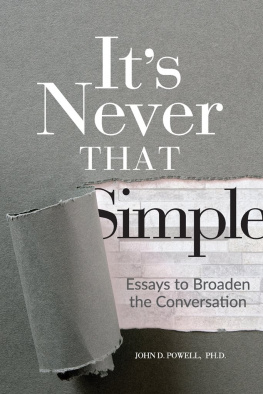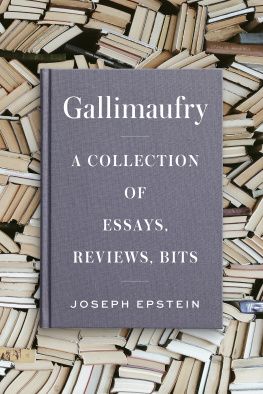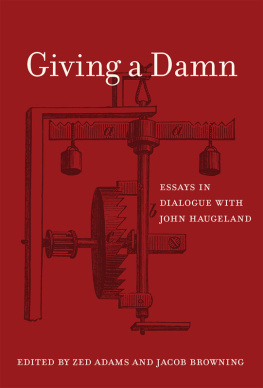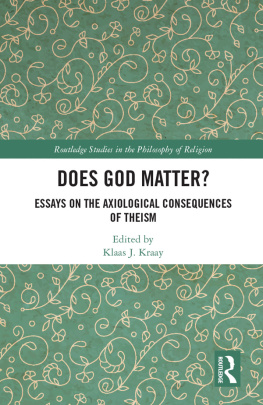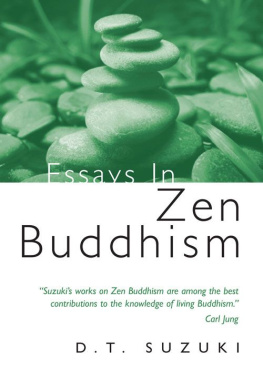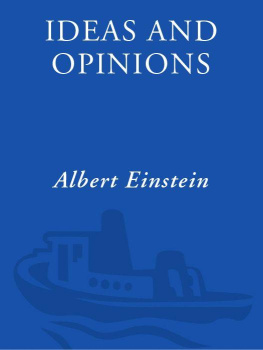

2019, John D. Powell, Ph.D.
ISBN: 978-0-578-55356-6
ISBN: 978-0-5785536-2-7 (e-book)
Layout & Cover Design by Tinyah M. Hawkins
Published by IngramSpark
Printed in the USA - justenoughlight.com
IN APPRECIATION
I have many to thank. First and foremost, my wife, Judy, has played a huge role in these opinion articles. She has been my primary encouragement to write, and she has been my sounding board for ideas and tone. I generally give her my second or third draft to read. By then I have whittled away much of the fluff and gotten the article closer to the 750-word limit. My instructions to her are simple. First, See if it holds together and makes the point. I dont want the writing to be rambling or going in too many directions and never getting anywhere. Second, Let me know if its too hostile. I write about issues that are important to me, and I tend to get worked up as I write. She is usually the one who lets me know when my aggravation is getting in the way of the point Im trying to make.
I email copies to people I know are of like mind. I need their support and challenge just as much as I need the dissenting opinions. I am grateful to the Bold Type book group. They always affirm my efforts, they have shared some of the articles with their college classes, and they encouraged me to get this book in print. I have some friends I see regularly, like Mark and Don and Charlie, who never fail to thank me for my words and challenge me with their ideas. Over an IPA, Ray routinely pushed my thinking as much as anyone. He applauded and challenged me in every conversation. Then he died suddenly a year ago. I miss his depth and compassion, and I frequently ask myself, What would Ray say about this? Also in the background stand my four brothers who over the years have done as much as anyone to help me think more deeply, spiritually, and inclusively. These and many other friends and former colleagues have been important in this process, and through these essays I want them to know who I am now.
INTRODUCTION
This book is a collection of essays printed by the Abilene Reporter News in their Sunday opinion section. When I submitted my first opinion article in 2007, I was nervous. That first article, The War on Christmas, was far from scandalous, but I thought it might be on the edge for Abilene, a politically and religiously conservative city. I made the argument that this war was not waged by liberals, but was merely noise by conservative Christians angered that their previously unfettered privilege was being challenged.
I envisioned all kinds of negative responses from readers, but when the article appeared that Sunday in December, nothing happened. No angry phone calls, no one marched in front of my house, nothing. I was initially relieved, then disappointed. I did get some affirming statements from friends.
I come by my nervousness honestly. I was not accustomed to putting my opinions out there. I spent most of my professional life purposefully not expressing public opinions about political, social, or religious issues. As a psychotherapist, I thought it important that any client who came through my door not have preconceived ideas about my politics or my religious background. Clients come in with plenty of baggage already about therapy and therapists. I didnt want to add to the mix. In addition, as a psychologist at a state university, I had lived with some restrictions about making personal views public on such topics, lest I be seen as promoting the universitys viewpoint.
Upon retirement, I wanted to write more. I had written plenty in my work, but that writing took the form of manuals, presentations, case notes, brochures, and other documents necessary for the functioning of a large counseling center. I decided on opinion articles for the newspaper as one of my venues. Once I overcame the initial nerves, I realized that either not that many people read them or not that many felt inclined to respond, though I have been called a few unflattering names in on-line comments.
My purpose in writing opinion articles is less about expressing my own opinions, and more about widening the discussion. Political, social, and religious issues are too often discussed in the simplest possible terms, usually with a predetermined judgment in mind. Most of us go about looking for information and opinions that coincide with what we already believe. When it comes to issues that affect us personally, we rarely listen or read in order to gather new information that may broaden our perspective. Were not looking for change. Were looking for confirmation.
Writing these articles has prompted me to get beyond finding only what Im looking for. Writing is a discovery activity. If I dont learn something from the preparation or the writing, I doubt anyone will learn from what I produce. As I read through these articles for inclusion in this book, I discovered some recurring themes; so recurring, in fact, I worried that I was just saying the same thing over and over. What I discovered was that I was expressing many of the same values in response to different events.
The articles are divided into four categories. These categories overlap, but they provide a way to organize and present the articles. The categories are:
- Words matter
- Family, loss, and lifes uncertainties
- Inclusiveness and diversity
- The uneasy alliance of Christianity and politics
Reviewing these articles has reminded me that I have changed. Writing them has helped me put up some landmarks to show where I am now, to help me look back to where I came from, and to give me reference for where Im headed.
TABLE OF CONTENTS
WORDS MATTER
Political and social concerns are complex, too complex for any of us to have a full understanding or appreciation of their implications. Because discussion and understanding should be our goal for issues that impact our lives, it becomes necessary to simplify those issues enough to allow discussion to take place.
However, oversimplification leaves out crucial context and differing perspectives, turning a complex matter into a false dichotomy, a yes/no proposition. This situation can impact your life in a thousand ways no one can fully predict. Are you for or against it? Thats a false dichotomy. When this happens, discussion and discovery stop and people take sides.
Another popular strategy for putting an end to discussion and discovery is to divert attention away from the issue and instead focus on the person making the argument. By name-calling or labeling someone with a derogatory term, the complex issue at hand gets lost.
Words are our most powerful tools. The following essays address ways we can use words for clarification and understanding or for blustering, confusing, and demeaning.
ARGUMENTUM AD HOMINEM
July 14, 2018
Canada does not believe that ad hominem attacks are a particularly appropriate or useful way to conduct our relations with other countries.
***
CHRYSTIA FREELAND, CANADIAN FOREIGN AFFAIRS MINISTER
Huh? This was the Canadian response to President Trumps advisers following their criticism of the Prime Minister after the G7 meetings. The response was clear and direct, yet subtle and reasonable. Trump and his advisors got taken to school and to the woodshed at the same time.
I had to look up ad hominem. Id heard the phrase before and had a vague idea of what it meant, but to hear it used both casually and precisely prompted an immediate search.
Next page
